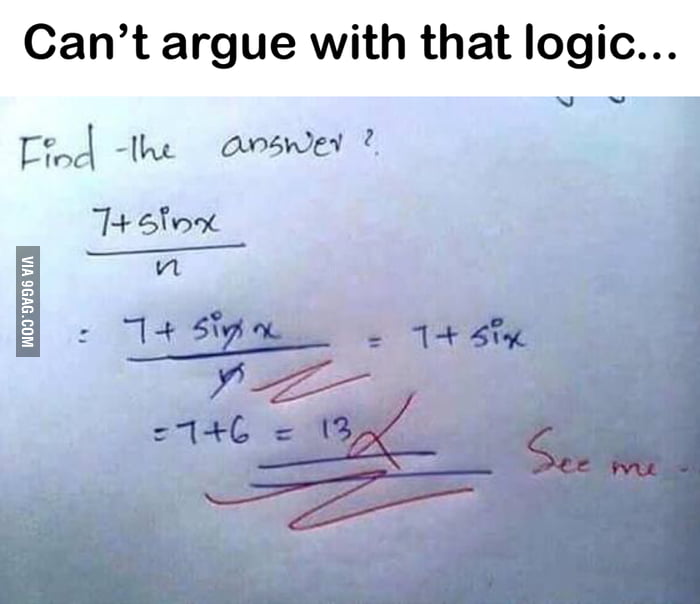Though like I said before, all of the following are unarticulated (they just "follow" something external to themselves) one way or another: Bodies, Dyamic, External, Irrational/Perceiving, Merry, Judicious, Logic (yes, its necessity external to its self-sufficient Rationality), Intuition, Democratic, Aristocratic (these last two for different reasons), and so on. BTW, there is no contradiction between Pe's being strongly intuitive though unlike the Dynamic IEs they identify, because in fact they are not used to identify themselves alone, but they are just used within a Static block along with Ji [3]. And yes, Ethics is less intuitive than Logic, it's conciseness is higher than of Logic - doubt on its judgment is unapplicable and no validation from outside is required, they simply establish what is the case, instead of being confirmed what is the case.



 Reply With Quote
Reply With Quote

 ... hmm...
... hmm... 
 -
- 
 (as per tcaudilllg)
(as per tcaudilllg)